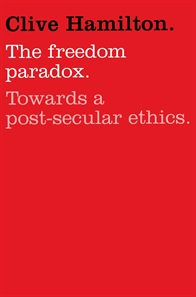evolution
Science, Religion and the Quest for Secular Morality
Note: for the record, I’m not particularly interested in engaging in the great science versus religion debate. For me, the debate is over; it’s a non-starter; an albatross around the neck of reasonable discourse. My hope is that we might one day become unshackled from it, and on that day thousands of able minds might be directed towards more fruitful pursuits. And I’m not particularly interested in trying to bend the will of dogmatic religious folk to my views. Others engage in such pursuits with great vigour such that my contribution is unnecessary. However, I am ever enthusiastic to engage with rational individuals in productive dialogue on where we might venture after the debate has passed into memory. It is to that end that I offer the following post.
Can religion and science co-exist peacefully? Many wish they could. But alas, it isn’t so. So says Jerry A. Coyne, evolutionary biologist at the University of Chicago, in his review in The New Republic of two books that hope to find some conciliation between religion and science. The review is lengthy, but ably weaved and dense with insightful analysis and observation. Well worth a read.
And it represents another sign that the debate is ready to move on – to the Great Quest of finding a secular morality that can replace religion as our moral and values compass in the modern world. But before I get to that, the review, and why science and religion will never get along:
